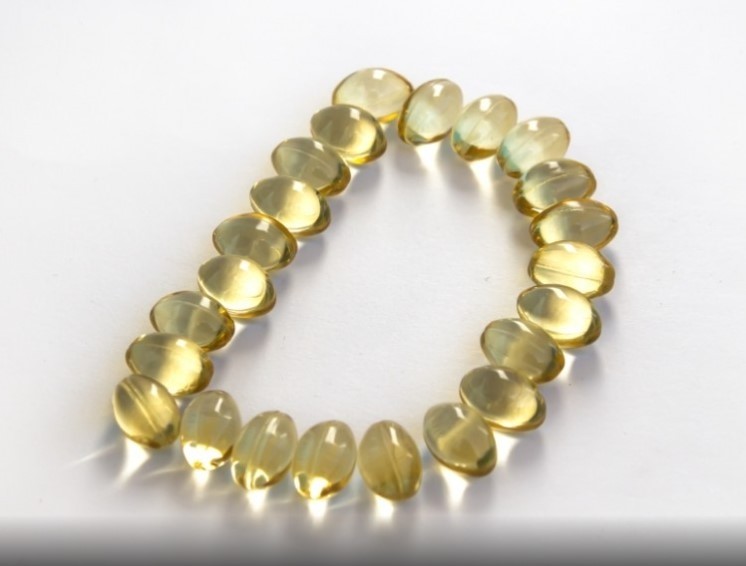Daily vitamin D and omega-3 intake reduces autoimmune disease: study

“The clinical importance of these findings is high because these are well tolerated, non-toxic supplements, and other effective treatments to reduce the incidence of autoimmune diseases are lacking,” the researchers say.
“Additionally, we saw consistent results across autoimmune diseases and increasing effects with time.”
However, the research team adds that there is limited clinical evidence on the role of vitamin D supplementation in preventing the onset of autoimmune disease.
Furthermore, evidence from small trials on human subjects with established conditions have mainly reported disappointing results,
Notable gains
The five-year trial was designed to examine the benefits and risks of vitamin D and marine omega-3 fatty acids in the prevention of chronic conditions, such as cancer and cardiovascular disease.
Cases of confirmed autoimmune diseases over the full trial period were lower in participants taking vitamin D, with or without omega-3, and compared with those receiving only the placebo.
Data showed daily consumption of vitamin D lowered the rate of autoimmune disease by 22%, while omega-3 (1000 milligrams per day (mg/day)) reduced cases by 15% (although this was not statistically significant).
When only the last three years were considered, vitamin D intake lowered cases of confirmed autoimmune disease by 39% and supplementation with both vitamin D and omega-3 resulted in a 30% reduction.
Mixed results
Results indicated that omega-3 alone did not significantly lower the rate of autoimmune disease however, when participants with probable cases were included, it reduced the rate by 18% compared with the placebo group.
Additional findings revealed that participants with lower body mass index appeared to benefit more from vitamin D treatment, while the benefits of omega-3 more pronounced among those with a family history of autoimmune disease.
Rates of individual autoimmune diseases were generally lower in the treatment groups, although autoimmune thyroid disease and psoriasis were exceptions to this pattern.
Also noteworthy was a 40% decrease in cases of rheumatoid arthritis among participants treated with supplements.
Trial extension
The team at Harvard University recruited 25,871 participants including a slightly higher ratio of women and a combination of different racial and ethnic groups, with an average age of 67.
Participants were randomly assigned to one of four main study groups: vitamin D and placebo or omega-3 fatty acid and placebo and were asked to report all diagnosed autoimmune diseases from baseline and the 5.3 years of follow-up.
Reported cases were confirmed using medical records and included conditions such as rheumatoid arthritis, polymyalgia rheumatica (muscle pain and stiffness), thyroid disease and psoriasis.
The team will follow participants for another two years to track the autoimmune disease reduction effect and suggest further trials to test the theory on younger populations and in participants with high autoimmune disease risk.
Source: The BMJ
Published: doi.org/10.1136/bmj-2021-066452
‘Vitamin D and marine omega 3 fatty acid supplementation and incident autoimmune disease: VITAL randomized controlled trial’
Authors: Jill Hahn et al.















